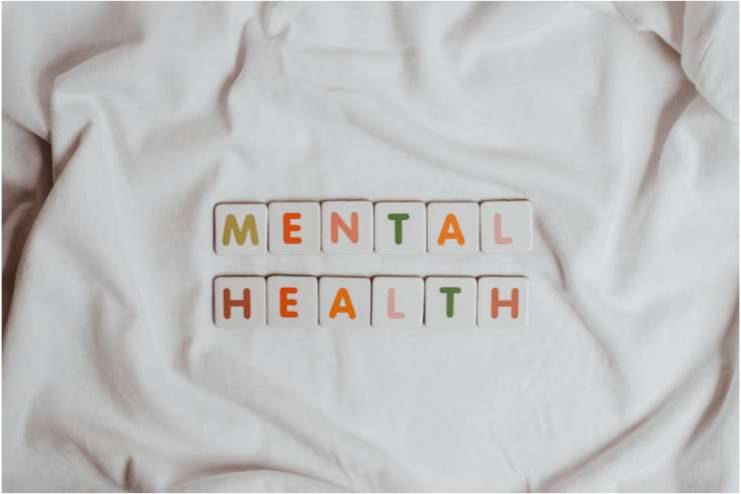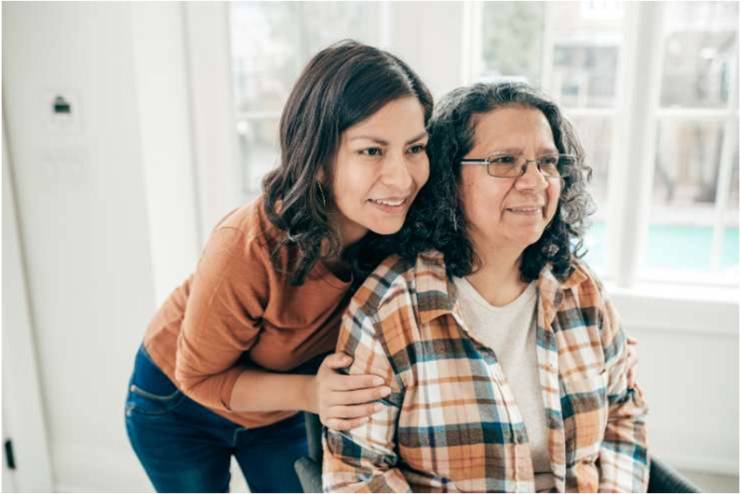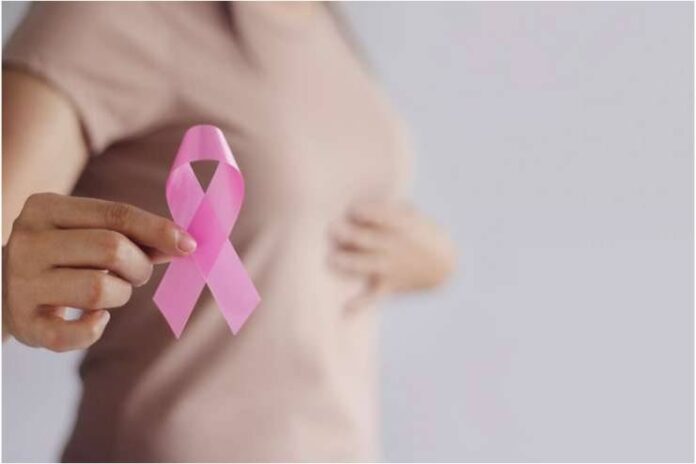Affiliate Disclaimer
Some links in this article are affiliate links. We may earn a small commission if you make a purchase through these links, at no extra cost to you. We only recommend products we find useful to our readersMany people have battled breast cancer, and each survivor’s tale contains an emotional message of hope, resiliency, and unwavering courage. In this article, we’ll delve into moving tales from breast cancer survivors who have not only beaten the illness but also discovered new meaning and purpose in the process. Their stories are more than narratives; they serve as reminders of our shared strength and as rays of hope for those still fighting.
We draw attention to these journeys while highlighting the value of community support. Surrounding oneself with a network of love and compassion can make a big difference. By sharing these survivor experiences, we hope to encourage, uplift, and provide a space where no one has to walk this path alone.
Let’s explore these amazing stories together and never forget that there is always hope, even in dire circumstances.
Famous Celebrity Stories of Breast Cancer Survival

Several Hollywood celebrities have bravely come forward to discuss their struggles with breast cancer in a society where stars can seem untouchable. These accounts are potent reminders that there are no bounds to this illness. Millions have been inspired by their honesty, which gives individuals who might otherwise feel alone in their hardships a voice.
- Sheryl Crow:
In 2006, the multiple Grammy Award-winning artist received a breast cancer diagnosis after a routine mammography appointment. At the time, she was in her 40s. “I embodied excellent health. I had no family history, was in excellent physical shape, and was eager to postpone getting a mammogram. I didn’t have a wonderful time. Even though it coincided with the Grammy Awards, I decided to cross that item off my list, and I later received a call regarding something unusual. They recommended that I return after six months. However, I decided to get a Neo Biopsy instead of waiting the full six months, and it turned out that I had Stage 1 Invasive Breast Cancer.”
Following radiotherapy and a lumpectomy, Crow became a vocal supporter of women’s health and early detection, and she has since continued to campaign for more funding for breast cancer research. Discover more about her journey.
- Kylie Minogue:
The 36-year-old Australian pop singer has opened up about the agony of receiving a breast cancer diagnosis in 2005. Her diagnosis took the world by surprise, but her optimism and will to overcome the illness were evident. Kylie Minogue reflected back on how her terrifying experience with cancer affected her life.
“I recall receiving my diagnosis, but nobody else was aware of it. At the time, my brother, boyfriend, and I went to a cafe while we were all in a trance. ‘Hey, how are you today?’ asked the cafe waitress. We said, “Good, thanks,” in a very robotic manner, and I thought, “You don’t know what anyone is going through,” at that very time. I assumed that the same person would discover tomorrow and exclaim, “Oh my God, we didn’t know, she was here yesterday,” after seeing the news.”
After receiving her diagnosis, Minogue had chemotherapy and a lumpectomy, and in February 2006, her condition was deemed cancer-free. The encounter permanently altered the Grammy winner’s perspective. Following her treatment, Kylie has used her platform to advocate for young women to have routine check-ups. Dive into Kylie’s journey here.
- Cynthia Nixon:
The star of Sex and the City received a breast cancer diagnosis in 2006 but decided to keep it quiet while receiving treatment. Nixon was not a newcomer to the illness. Nixon’s mother, Ann, beat breast cancer when Nixon was twelve years old. “I’ve always kind of assumed that I’ll have breast cancer. There is an extreme likelihood. Nixon stated.
Nixon was performing in the off-Broadway production of “The Prime of Miss Jean Brodie” and had just won a Tony Award when she got the news. “After having my normal mammography, I receive a call from my doctor. “And she says, ‘Well, I have some bad news, but here it is. It’s small, and we’ll get in there and remove it immediately, so you’ll probably have radiation,” Nixon remembered.
She then turned into an advocate for breast cancer, sharing her experience to aid those in need. In 2008, became an ambassador for the Susan G. Komen Breast Cancer Foundation, working directly with groups to raise awareness and motivate women to get regular examinations. Read more about her journey here.
Coping Mechanisms and Mental Health

Breast cancer survivors frequently experience mental health difficulties during their treatment, including anxiety, despair, and recurrence dread. The emotional rollercoaster may be quite taxing, with uncertainty and unresolved health issues swiftly overshadowing the initial relief of finishing therapy.
Many survivors discover helpful coping strategies and self-care routines that support them in keeping an optimistic viewpoint.
Meditation and mindfulness: Mindfulness training helps survivors reduce their worry about the future by focusing on the present. Apps such as Headspace provide guided meditations for people dealing with health issues.
Support Groups: Connecting with people who have gone through comparable things can be a great way to get emotional support. Online support communities, such as Breastcancer.org, promote a sense of understanding and community.
Journaling: Putting your ideas and emotions on paper can be a healing process. Writing out their experiences helps survivors process their feelings and frequently brings them insight and relief.
Physical Activity: Walking or yoga are two accessible forms of exercise that can improve mood and lower stress levels. Yoga4Cancer provides tools to help cancer patients safely embrace movement.
Family and Caregiver Perspectives

Breast cancer is not simply a personal struggle for the survivor; family members and caregivers who support them are also significantly impacted. These family members are essential in offering practical and emotional support; they frequently become the unsung heroes of the healing process. They encounter many obstacles, revelations, and profoundly moving moments. Patients and their caregivers often anticipate the conclusion of therapy as a moment of celebration and a sign that things may finally return to normal.
When a loved one is receiving treatment, caregivers frequently describe experiencing a mixture of powerlessness and dread. Several people have discovered how important it is to keep lines of communication open. In actuality, most patients require some time to get back to “normal” and must seek to establish a “new normal.” Upon the completion of treatment, caregivers frequently experience impatience or frustration when their life does not instantly revert to its pre-cancer state.
Emotional pressure and feelings of helplessness can be reduced by providing survivors with practical assistance, such as driving them to appointments or taking care of their day-to-day responsibilities. CancerCare and other resources offer support groups and psychotherapy to help caregivers manage their emotions.
Call to Action: Join the Community

Are you looking for a place that will support you and allow you to connect with other people who have experienced breast cancer? Through community events, online forums, or social media groups, you can share your story, acquire insightful knowledge, and establish meaningful connections with others who have survived, cared for, or advocated for themselves.
When you participate in events like Susan G. Komen Race for the Cure, you can walk alongside other individuals dedicated to the fight against breast cancer. Look into online platforms such as the American Cancer Society to engage in conversations, access resources, and participate in online support groups.
References
- https://www.wbgo.org/show/wbgo-journal/2021-05-13/grammy-award-winning-singer-songwriter-and-breast-cancer-survivor-sheryl-crow-talks-womens-health-and-jazz
- https://www.attitude.co.uk/culture/music/kylie-minogue-opens-up-about-2005-cancer-diagnosis-in-tearful-interview-455527/
- https://people.com/music/kylie-minogue-how-breast-cancer-changed-life/
- https://abcnews.go.com/GMA/story?id=4656719&page=1
- https://www.cbsnews.com/news/cynthia-nixons-survival-and-the-city/
- https://www.healthline.com/health/celebrities-with-breast-cancer
- https://breastcancernow.org/about-breast-cancer/life-after-treatment/coping-with-breast-cancer-emotionally/
- https://www.komen.org/breast-cancer/survivorship/stress/coping-with-stress/
- https://www.aia.com/en/health-wellness/healthy-living/healthy-body/Breast-cancer-survivors
- https://med.stanford.edu/survivingcancer/coping-with-cancer/coping-with-cancer.html
- https://www.survivingbreastcancer.org/post/the-psychological-impact-of-breast-cancer-strategies-for-coping
- https://www.breastcancer.org/
- https://www.headspace.com/
- https://www.ncbi.nlm.nih.gov/pmc/articles/PMC7379811/
- https://www.ncbi.nlm.nih.gov/pmc/articles/PMC8858558/
- https://www.cancercare.org/tagged/caregiving
- https://www.hopkinsmedicine.org/kimmel-cancer-center/cancers-we-treat/breast-gynecologic-malignancies-group/treatment-and-services/survivorship/cancer-and-the-family
- https://www.komen.org/how-to-help/attend-events/race-for-the-cure/
- https://www.cancer.org/support-programs-and-services/online-communities.html
In this Article



















